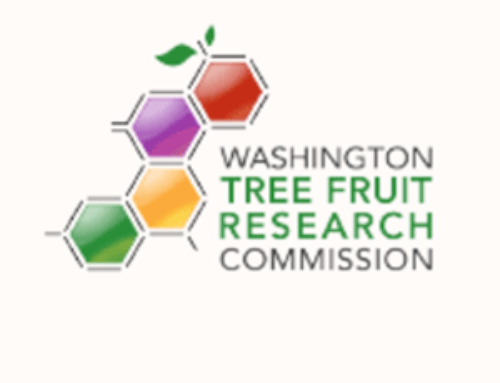Write to In The Box
105 S. 18th Street,
#217, Yakima, WA 98901
or email growing@goodfruit.com
We’d like to address a few points raised by Mike Willett of the Northwest Horticultural Council in his opinion piece about Arctic apples (“Why go Arctic?” Good Fruit Grower, May 15, 2015).
First, Willett fails to mention the benefits Arctic apples offer growers and packers. Nonbrowning addresses tangible costs from issues like finger bruising, bin rubs, and warm packing of Golden Delicious. And, while the Golden market has admittedly dwindled in recent years, Arctic Golden offers the opportunity to rebrand this wonderful variety, fixing many of Golden’s weaknesses.
Willett also makes no mention of nonbrowning’s value to consumers. Nobody doubts the ever-increasing consumer demand for convenience (baby carrots equal two-thirds of carrot sales) and nonbrowning apples are certainly more convenient than apples that brown!
Not only has our consumer research found that most apple eaters identify browning as an issue, it’s also consistently revealed the majority of consumers express strong interest in purchasing nonbrowning apples whether they’re biotech or not.
And, unlike the low/slow browning conventional varieties available today, only Arctic apples are truly nonbrowning. Additionally, only through biotech can existing varieties be enhanced with this benefit.
As for export concerns, we all know it’s standard practice for varieties to be separated throughout the supply chain and identity protocols are further strengthened with our clear Arctic branding policy. Furthermore, there is straightforward lab methodology (PCR tests) that can identify Arctic fruit/trees with 100 percent certainty, which Okanagan Specialty Fruits has repeatedly expressed interest in sharing with the industry, including the Northwest Horticultural Council. And, we’ve shared, and encourage others to share, this information with trading partners.
Finally, Willett stresses that the “Pacific Northwest tree fruit industry strongly supports novel research in tree fruit genetics and genomics” and says that “includes the application of modern biotechnology to solving agricultural production problems.”
So, if the argument is that nonbrowning does not offer enough value to justify the biotech approach, what traits would? It’s a given that consumers are more open to biotech foods that offer them a direct benefit, so doesn’t it make perfect sense to start with a product that does so, thereby opening the door to more traits down the road?
Neal Carter
President, Okanagan Specialty Fruits,
Summerland, British Columbia






Leave A Comment